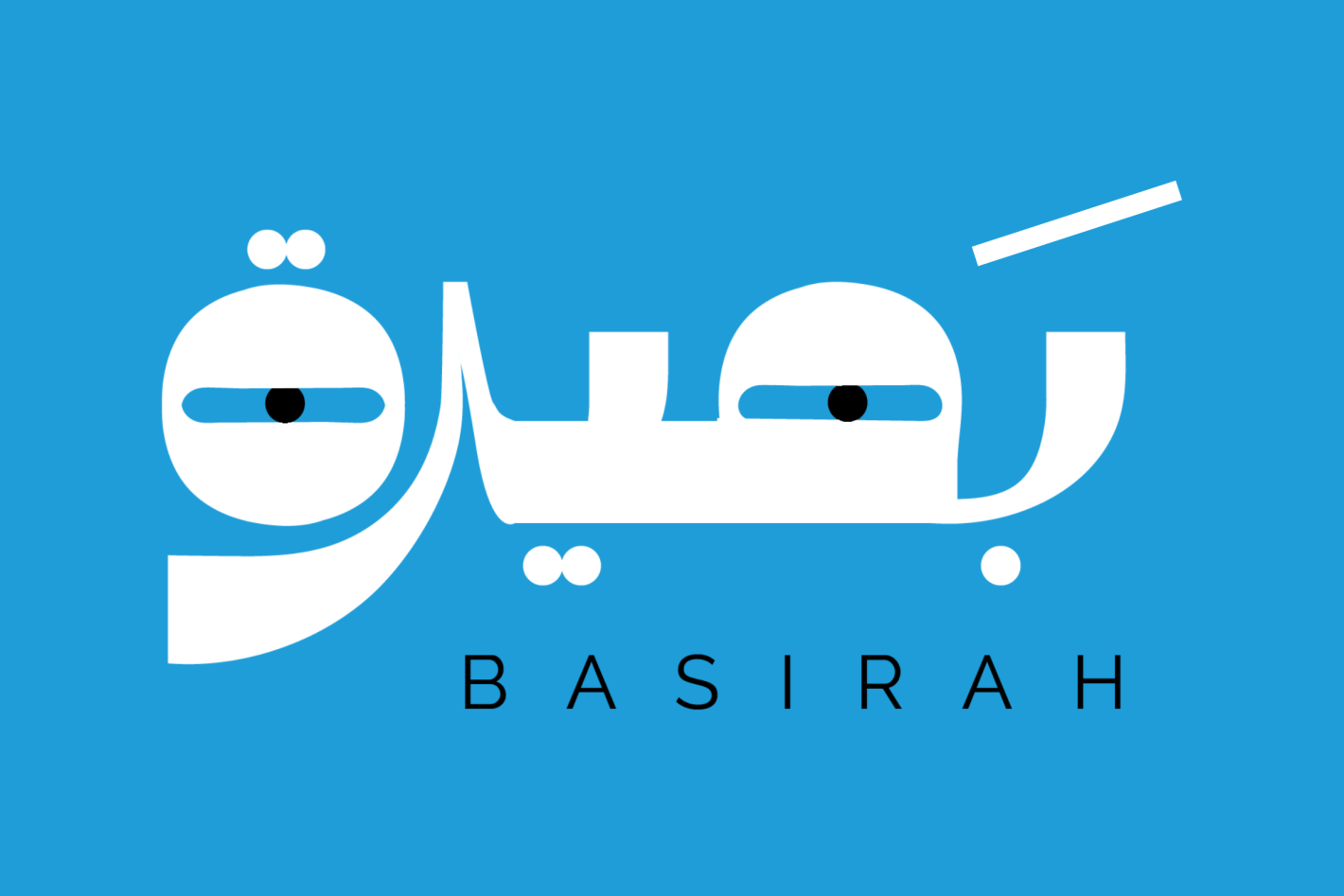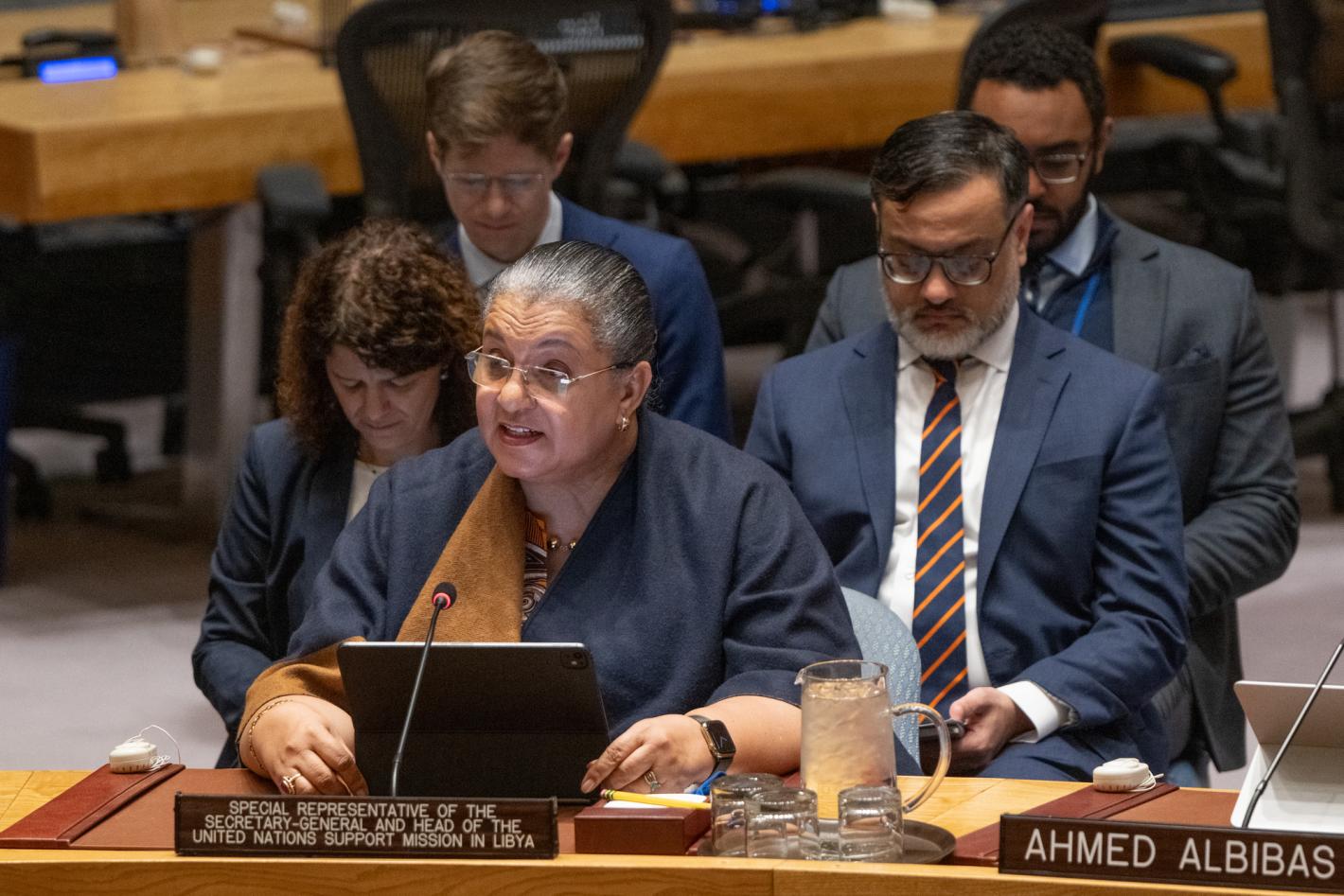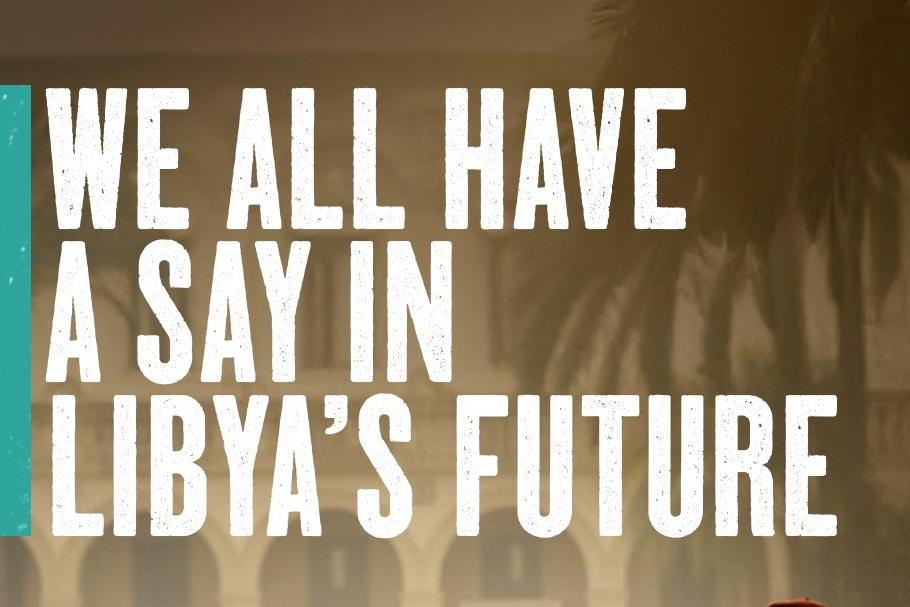TRIPOLI — The Tarhuna Victims’ Family Association, backed by the Tarhuna Mayor, reiterated calls for accountability for human rights violations that occurred in the city between 2013 and 2020 during a roundtable discussion facilitated by the United Nations Support Mission in Libya (UNSMIL) last week.
The meeting aimed to take stock of progress since UNSMIL and the Office of the High Commissioner of Human Rights (OHCHR) published a report on mass graves and other human rights violations committed in Tarhuna last year. It also provided a forum to coordinate efforts and address challenges.
In addition to the Tarhuna delegation, the meeting was attended by representatives from the Presidential Council; the Prime Minister’s Office; the Ministries of Justice, Interior, and Defense; the Military Prosecutor’s Office; the General Authority for the Search and Identification of Missing Persons; and the National Council for Civil Liberties and Human Rights.
Despite obstacles, some progress has been made in the Tarhuna case.
In October 2024, the International Criminal Court (ICC) issued six arrest warrants related to the Tarhuna crimes. Since then, two suspects have been arrested, but none of the cases have yet been transferred to The Hague.
Most members of the Tarhuna Victims’ Families Association have called for the arrests to be referred to the ICC, stating, “We do not doubt the integrity and ability of the Libyan judiciary, but the state of instability and the accompanying weakness of the executive authorities push us to demand that those wanted be brought before the ICC.”
The Tarhuna Victims' Families Association also expressed its dissatisfaction with the continued state of impunity, highlighting that some of those accused have joined security forces or fled to neighboring countries without Libyan authorities taking any measures to prosecute them.
"Despite the arrest of some wanted individuals for Tarhuna crimes, we recently witnessed the facilitation of their escape from the prisons where they were detained following the recent security operation in the capital," one member of the association said.
Tarhuna Mayor Mohammed al-Kasher said the city’s residents still fear reprisals by members of the al-Kaniyat militia.
“This discourages them from submitting testimonies and filing complaints,” he said.
The excavation of mass graves has also been halted for nearly two years, which not only hinders investigations but also degrades essential DNA evidence. The fate of 66 missing victims remains unknown.
A representative from Mislata Partial Military, the regional Military Prosecution office that has jurisdiction over the Tarhuna cases, said the agency had received more than 1,200 cases, most of which involved murder, kidnapping, and torture.
While the agency is committed to “moving forward under all circumstances,” he said arrest warrants issued by Military Prosecution face challenges moving through the executive branch due to the political divide.
The participants concluded the session by proposing the establishment of a joint room to enhance coordination among various parties, with the aim of unifying efforts under the leadership of the Prime Minister's Office.
Hundreds of people disappeared or were abducted in Tarhuna between 2013 and 2020, when the city was the control of the al-Kaniyat militia, according to UNSMIL and OHCHR investigations. More still were reportedly killed without legal process or wrongfully detained and subjected to torture and other cruel, inhumane or degrading treatment. More than 20 mass graves have been uncovered.






